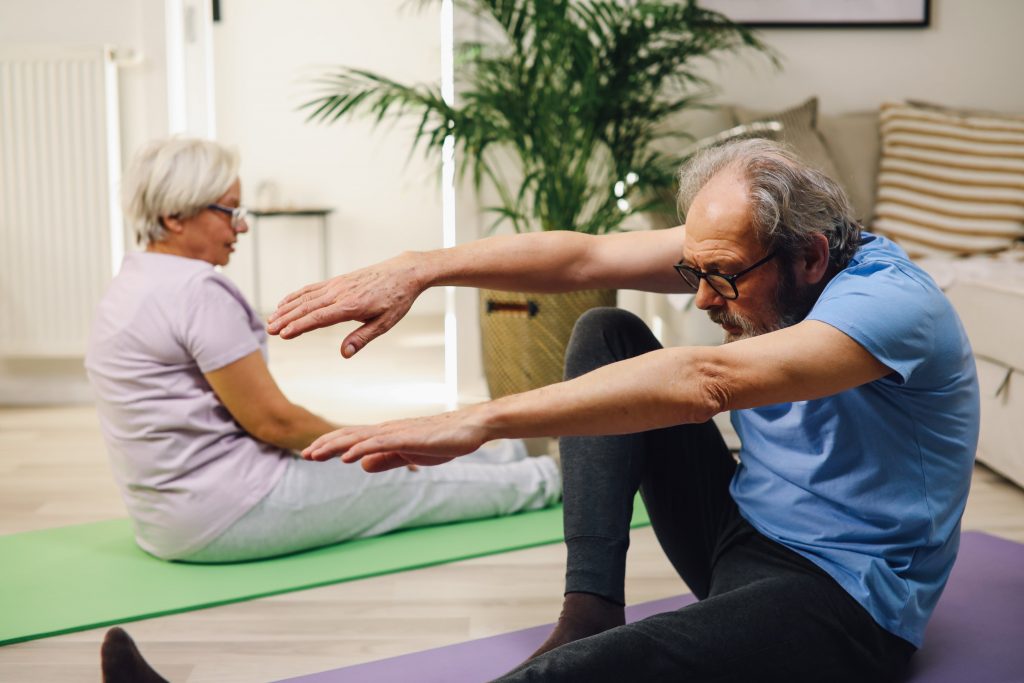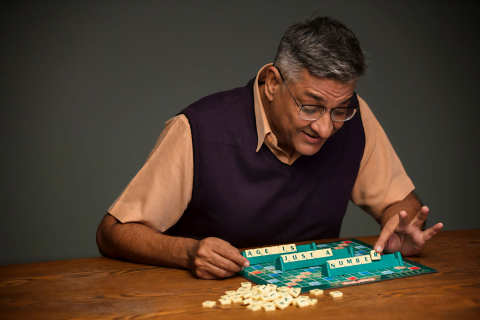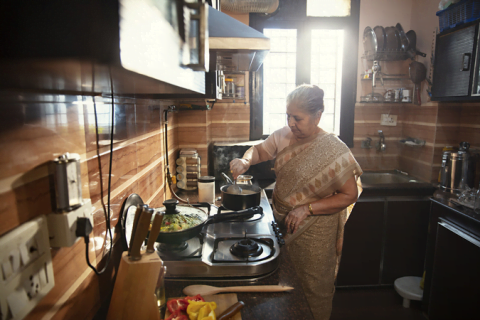What does WHO (World Health Organisation) mean by it and how it differs from Active Ageing?
Every person – in every country in the world – should have the opportunity to live a long and healthy life. Yet, the environments in which we live can favour health or be harmful to it. Environments are highly influential on our behaviour, our exposure to health risks (for example, air pollution or violence), our access to quality health and social care and the opportunities that ageing brings.
Healthy ageing is about creating the environments and opportunities that enable people to be and do what they value throughout their lives. Everybody can experience healthy ageing. Being free of disease or infirmity is not a requirement for healthy ageing, as many older adults have one or more health conditions that, when well controlled, have little influence on their wellbeing.
WHO (World Health Organization) has defined healthy ageing as a process of maintaining functional ability to enable wellbeing in older age. The WHO, Member States and Partners for Sustainable Development Goals have created a Global Strategy and Action Plan for Ageing and Health for 2016–2020 and its continuation with the WHO programme “The Decade of Healthy Ageing 2020–2030.”

The nexus between healthy ageing and functional ability
Functional ability is about having the capabilities that enable all people to be and do what they have reason to value. This includes a person’s ability to:
- Meeting basic needs
- Learning and growing
- Staying mobile
- Building meaningful relationships
Functional ability is about what a person can do on their own, along with the things around them that help or hinder their abilities. The individual’s mental and physical capabilities, like walking, thinking, seeing, hearing, and remembering, are part of their intrinsic capacity. This capacity is affected by things like illnesses, injuries, and the changes that come with age.
Environments, such as the home, community, and society, also play a big role. They include the places people live, their relationships, the way they’re treated, the rules and policies that affect them, and the services that support them.
Being able to live in environments that support and maintain one’s intrinsic capacity and functional ability is key to healthy ageing. A crucial aspect of healthy ageing is the need to take better care of your brain health which has been known to decline from the late 30s – do check our simple blueprint for better care for your brain here.
How does healthy ageing differ from active ageing?
Healthy Ageing emphasises maintaining overall well-being, encompassing physical, mental, and social health, and is WHO’s primary focus from 2015 to 2030. It centres on creating environments supporting lifelong values. Whereas, active ageing developed in 2002, initially stressed participation in various activities. While both highlight cross-sectoral actions, healthy ageing broadens the scope, considering intrinsic capacity, functional ability, and well-being. It positions older individuals as resources by maintaining their abilities. Active ageing, though recognising the potential of older individuals, initially emphasised active participation in diverse activities, reflecting a temporal and conceptual shift over time.
Explore cognitive tests and receive personalised guidance from our experts on your path to optimal brain health. Your journey towards cognitive well-being begins here! You can also benefit from finding out your cognitive age and how it compares to your actual age.
Explore the 6 best anti-ageing foods and revitalise your life. Read here.





